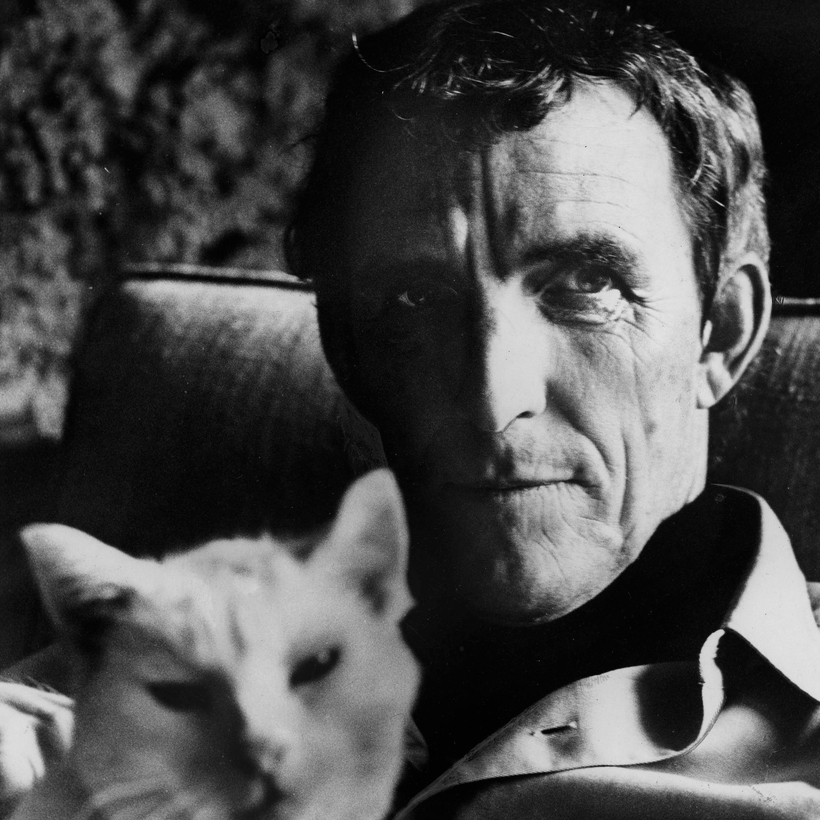All memoirs are transgressions. Some are written to wound, some use elaborate mechanisms to shield family and friends, and some show you the author sorting out their feelings on the page. Do I love this person I’m writing about? Do I hate them? Do I want to exalt them or spit on them? Is this not what a memoir is for: to figure it out? Anyone who really tries is going to leave a few bruises, intentionally or not.
Lucas Matthiessen, the author of a new memoir, First Light: A Journey Out of Darkness, was a social worker (he died from cancer at 69, last summer, less than a year before the publication of the book, his first) who grew up in New York during the 1960s. Born into an alcoholic WASP family, Lucas had his first beers in grade school on the roof of his parents’ West Village town house, as they partied below. By his 20s, suffering from cirrhosis of the liver, a poisoned marriage, and a professional reputation as a lunchtime drunk, he was consuming a fifth of vodka a day. Rehab turned his life around, and in his 30s, Lucas became a successful administrator of drug-treatment centers, all as a rare genetic disease, retinitis pigmentosa, gradually rendered him blind.

